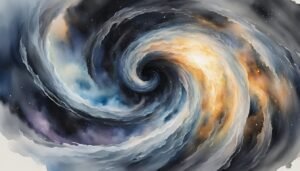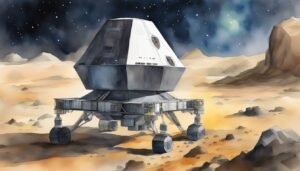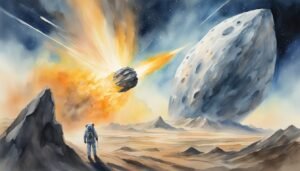Big Bang Theory Science Unpacked: Beyond Cosmic Fireworks

The universe originated from a dense, hot state known as a singularity, expanding rapidly after the Big Bang, forming atoms and galaxies.
Space exploration, studies of celestial bodies, and theories related to the universe and its phenomena.

The universe originated from a dense, hot state known as a singularity, expanding rapidly after the Big Bang, forming atoms and galaxies.

Some scientists speculate that the concept of living in a simulation could be connected to the theory of universe expansion.

TL;DR: Universe began with Big Bang ~13.8 billion years ago, expanding & cooling since. Stars, galaxies formed from initial gas clouds, evolving over time.

Stephen Hawking's legacy as a scientist and cultural icon continues to inspire and shape our understanding of the universe.

Astrophysicists have unveiled the image of a black hole's shadow, a monumental feat using advanced technology and global collaboration.

Government agencies have a long history of involvement with UFOs and shifting attitudes toward investigating these phenomena.

OSIRIS-REx, a NASA adventure to near-Earth asteroid Bennu, aiming to unlock secrets of our solar system's history.
The African American women mathematicians in 'Hidden Figures' played a vital role in understanding different dimensions in space, leading to groundbreaking discoveries and expanding our knowledge of the universe.

Strange matter is theorized to be composed of up, down and strange quarks, with neutron stars potentially being natural producers of this matter.

No imminent significant asteroid impact on Earth is predicted; NASA's Sentry system continuously monitors for potential threats.